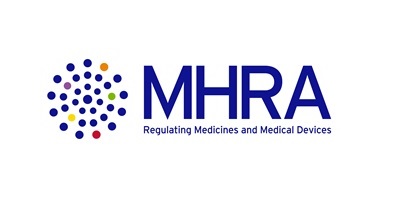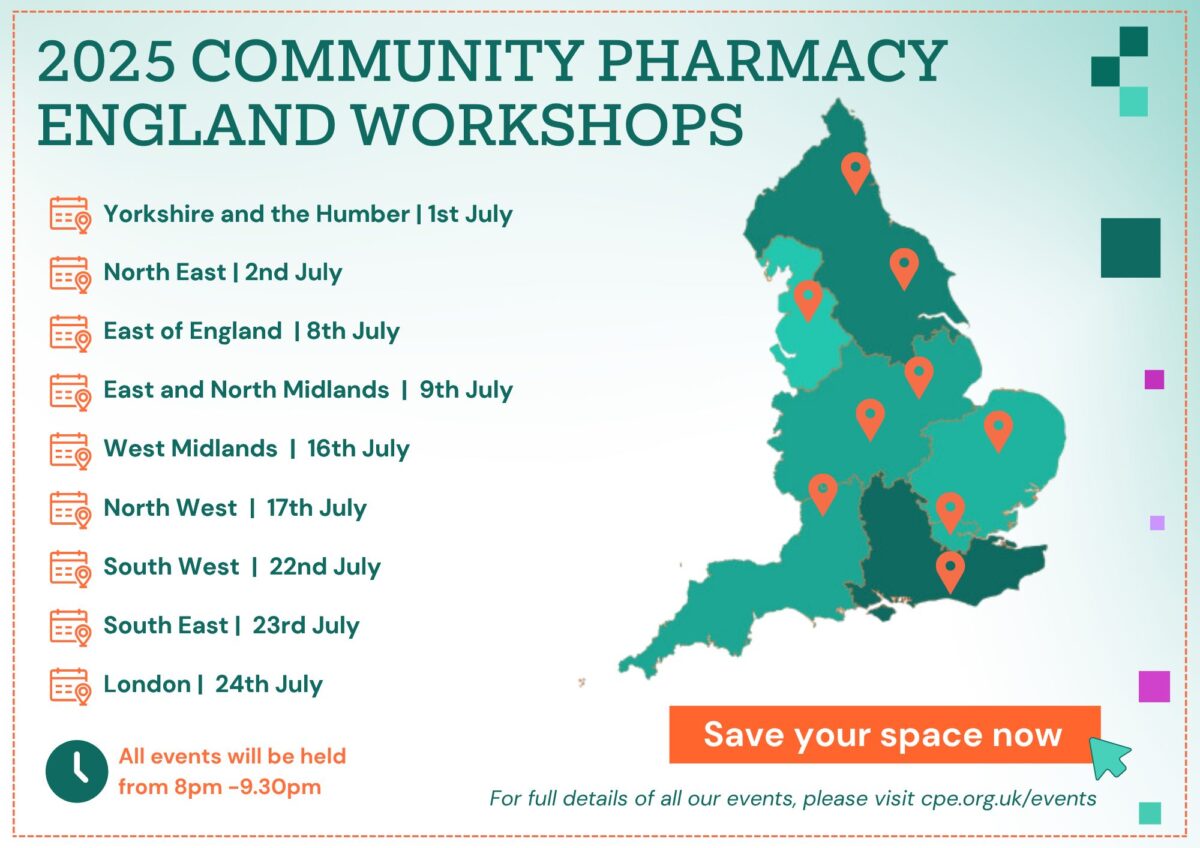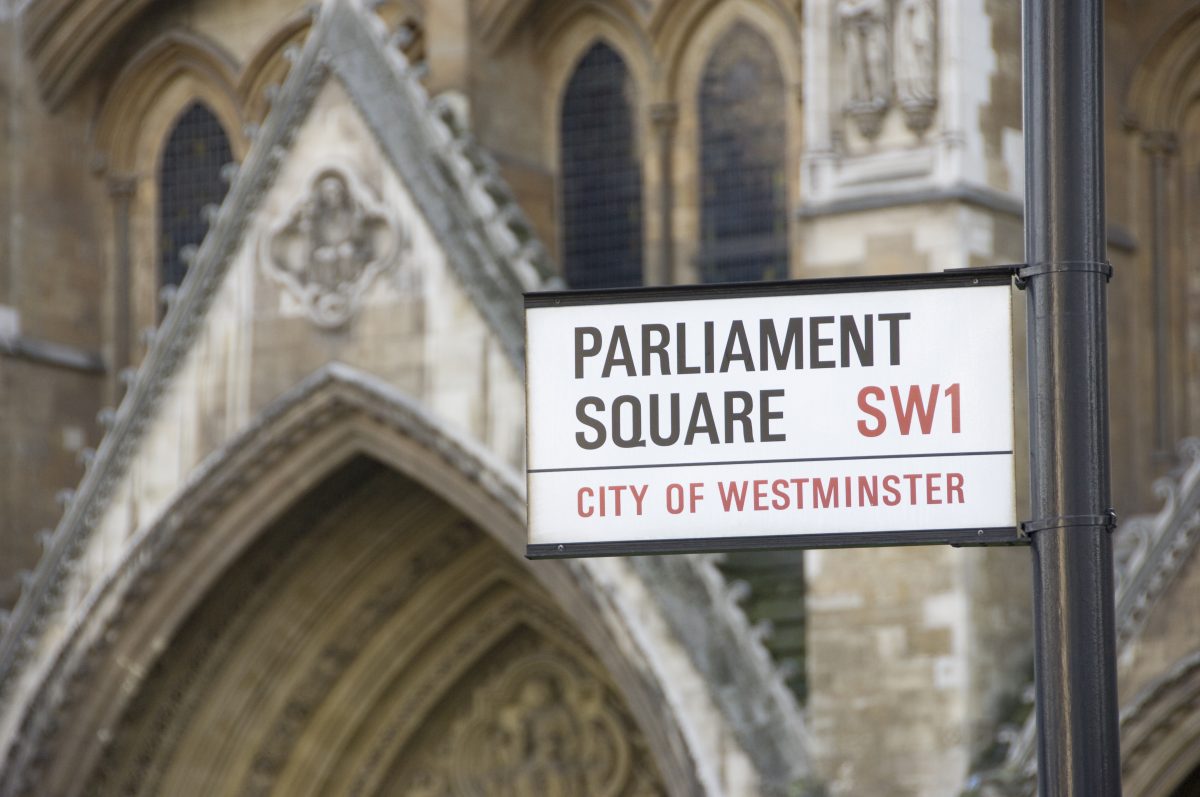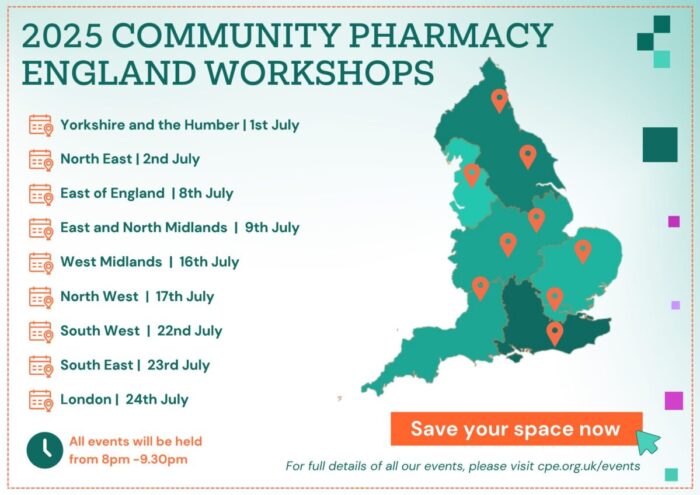CPCF arrangements for 2024/25 and 2025/26 announced
Funding and other arrangements for community pharmacies for 2024/25 and 2025/26 have been finalised, with community pharmacy receiving the largest uplift in funding across the whole of the NHS.
Ministers have said the uplift signals the Government’s commitment to stabilising the sector, and Government has given a firm commitment to work towards a sustainable funding and operational model for community pharmacies, recognising the key role they will play in future healthcare.
The settlement takes baseline annual CPCF funding for 2025/26 to £3.073 billion and secures a further £215 million to fund the continuation of Pharmacy First and other Primary Care Recovery Plan services.
The settlement also secures a write-off of historic margin overspend, with £193 million being written off, and a commitment to reviewing margin distribution.
Together, this will provide a greater than 30% uplift to funding for the community pharmacy sector over the coming financial year, as compared to 2023/24.
From 1st April, the Single Activity Fee (SAF) will increase by 19p to £1.46 per item and the margin allowance for community pharmacy will rise to £900 million per year. Fees for the Pharmacy First and Contraception Services are being increased, and a new intermediary band for the Pharmacy First monthly payment has been agreed.
Looking ahead, antidepressants will be added to the New Medicine Service (NMS) and Emergency Hormonal Contraception (EHC) will be added to the Contraception Service from October.
A smaller than usual Pharmacy Quality Scheme (PQS) will include training to support the expansion of these services, with a 75% aspiration payment available to claim in May.
The settlement also addresses a number of regulatory matters which Community Pharmacy England argued for, including on Distance Selling Pharmacies (DSPs), opening hours and NMS subcontracting.
Further details are outlined in the joint letter to pharmacy owners.
The letter also outlines the funding for 2024/25 – this provided a 4.1% uplift to core funding for community pharmacy, rising to 7.5% once Pharmacy First spend was considered.
Economic Analysis
NHS England has also published its Economic Analysis of NHS Pharmaceutical Services, which informed the negotiations. This independent review, conducted by Frontier Economics and IQVIA, was undertaken in direct response to pressure from Community Pharmacy England during previous negotiations. Community Pharmacy England was a member of the Advisory Board that oversaw the delivery of the project.
The report highlights that loss making and severe cashflow issues are affecting large parts of the sector, with 47% of pharmacy branches not profitable at EBITDA level in their last accounting year and an increasing number of pharmacies defaulting on Direct Debits for stock. In answer to its core inquiry, the Economic Analysis identifies that the mean Full Economic Cost to operate a community pharmacy in 2023/24 was £409-£573k, or £5,063 million for the sector, and that nearly 100% of pharmacies receive less funding than that.
This Economic Analysis, along with economic projects that Community Pharmacy England has itself commissioned, will continue to be used to press Government and the NHS to follow good practice in economic regulation, to make more evidence-based funding decisions, and most importantly, to sustainably fund community pharmacies.
Community Pharmacy England’s Position
Community Pharmacy England considers it critical that pharmacy owners are able to access this funding uplift of more than £800 million as soon as possible. The outcome of these negotiations is a step-change for the sector, moving the dial away from ever-deepening real terms cuts, and a vote of confidence in its potential from the new Government.
With a funding uplift that is the highest across the NHS, the settlement is a first step towards sustainability and, crucially, it comes with a firm commitment from Government to work towards a sustainable funding and operational model for the sector.
Through these negotiations, which followed months of work to influence the new Government and its first Spending Review process, Community Pharmacy England has been able to shape how the additional funding is allocated, and critically, secure measures which should ensure that all the allocated funding for Pharmacy First will be spent on the sector in 2025/26. The final settlement prioritises core funding through an uplift to the SAF and enhanced margin provision, plus key service fee increases, and we have won significant concessions on contractual easements, improving equity of access to funding.
This is the first significant investment in community pharmacy’s core funding for over 10 years, but it is only a first step towards sustainability. The Community Pharmacy England Committee therefore reluctantly accepted the final offer – with the very serious caveats that this funding is not enough to meet the full cost of delivery of NHS services as indicated by the independent Economic Analysis (published on Friday), and that more needs to be done to put the community pharmacy sector on a sustainable footing.
Community Pharmacy England has been clear to Ministers that this is only a first step towards sustainability, and that more funding is needed. Crucially, the Government has acknowledged the funding gap and committed to working towards a sustainable model for community pharmacy. Work will continue to ensure that this commitment is met.
Janet Morrison, Chief Executive of Community Pharmacy England, said:
“We came to these negotiations as a sector in crisis – with the impact of a decade’s worth of real-terms cuts to funding leaving pharmacy businesses fighting to survive, and closures continuing at an alarming rate. The Economic Analysis has confirmed the depth of that crisis and the scale of the funding gap.
“This was all at the forefront of everyone’s minds through this negotiation, as we argued to direct funding towards supporting core dispensing activities, to maximise funding and its availability, and for wider actions that would help the sector such as on opening hours, distance-selling pharmacies and NMS subcontracting.
“Committee Members were in an almost impossible position. On the one hand, this was a settlement offering the highest uplift in the NHS, more than £800 million – a 30% uplift as compared to 2023/24 – in extra funding for pharmacies, supporting core dispensing income and strengthening key services, and which we were able to influence considerably in pharmacy’s favour through the negotiations to help manage resources and improve equity of access to funding. On the other hand, this uplift is not enough to fully stabilise the sector as evidenced by the Economic Analysis.
“What the settlement does do is to take a significant step in the right direction – towards stabilisation, and with recognition and acknowledgement of the funding gap from Government, and their commitment to working towards a sustainable model. This is not the end destination. With these important commitments, which we will hold Government to account for delivering on, Community Pharmacy England decided not to reject, and therefore to risk jeopardising, the injection of more than £800 million into community pharmacies, which will now start flowing to pharmacies through the April Drug Tariff. This is money which businesses desperately need, and quickly.
“The Committee was also very mindful of the NHS Ten-Year Plan which is currently in development, as well as the ongoing Government Spending Review which will shape pharmacy funding for the next three years: the decision to continue working with Government, with serious caveats about the remaining funding gap and the future, gives us the best chance of getting a successful outcome from that Spending Review, and for pharmacy’s longer-term future.
“Ministers have heard our messages loudly and clearly and this is why pharmacy has received a higher uplift than any other part of the NHS, with a commitment of more work to be done to move to sustainability. Ultimately, this settlement gives community pharmacy a foundation upon which to build, with a Government who is listening.”
Fin McCaul, Negotiating Team Member, Chair of the Service Development Subcommittee, and an independent pharmacy owner, said:
“This settlement signals a first step in the right direction with the new Government, ending the decade of funding cuts and bringing extra monies and changes that are desperately needed by all community pharmacies. Although not meeting the full economic cost of running a pharmacy, uplifts to service fees, the introduction of a new band for the Pharmacy First monthly payment, and the 75% aspiration payment for a slimline PQS are all examples of measures included in this settlement which, taken together, will help.
“Other changes such as the ability to have more scope to change core opening hours are also important, finally signalling recognition that pharmacy owners need to be able to control their own costs. Whilst wider regulatory changes seeking to put an end to frustrating practices will help ensure that precious funding is focused in the right places.
“Most importantly though, this settlement gives us a way forward – being absolutely clear with Ministers about the funding gap which needs to be closed, but also continuing to work with them as they make community pharmacy’s case through the next Spending Review.”
Peter Cattee, Negotiating Team Member, Chair of the Funding and Contract Subcommittee, and non-CCA multiple representative, said:
“As we opened negotiations – far later than we wanted to – it was vital to secure monies which pharmacies desperately needed, and fast. For too long pharmacies have been subjected to stifling funding cuts, while being unable to control many of their costs due to factors outside of their control. The stark figures presented in the Economic Analysis underline this: almost all pharmacies aren’t getting their costs met and making significant staffing, operational and financial changes to their businesses just to get by.
“That funding gap isn’t filled by this settlement and the negotiations were complex, but we have been able to shape how funding will be allocated to our advantage. We prioritised core dispensing costs and key strategic services to help get money to pharmacy owners via the best possible routes and, critically, did all that we could to make sure that all of the allocated funding will be spent on the sector. We also used the Economic Analysis findings to secure a firm Government commitment to work towards the stabilisation of the sector – we will hold them to this.”
Stephen Thomas, Negotiating Team Member and CCA representative, said:
“This settlement gives us a solid foundation to build on with a Government that has shown it is listening to us. This is the same Government that is currently busy developing long-term plans for the NHS and public spending – plans that community pharmacy must make sure it is factored into.
“Were we to have walked away from this offer – the highest uplift across the NHS – we would not only have risked the more than £800 million in extra funding that is now going to be coming into pharmacies, but also our chances at effectively influencing longer term plans for the future for the benefit of community pharmacy. Our reluctant acceptance – with very strong caveats about the funding gap as shown by the Economic Analysis – allows us the chance to work towards that future, while also signalling loudly and clearly to Government that we will hold them to account on their commitments to work towards sustainability.”
Guidance and Implementation
Community Pharmacy England, DHSC and NHS England have written jointly to pharmacy owners setting out information on the CPCF for 2024/25 and 2025/26. Related information was published in the April 2025 Drug Tariff updates.
Community Pharmacy England has also produced:
Briefing 010/25: Funding Settlement for 2024/25 and 2025/26
Infographic: CPCF Settlement 2024/25 and 2025/26
Animation: Summary of Pharmacy Funding Settlement for 2024/25 and 2025/26
Webpage: CPCF settlement: 2024/25 and 2025/26
As part of the implementation phase, work is being undertaken to expedite the issuing of guidance and resources. These will be shared via our website as soon as possible, but we also recommend signing up to our newsletters to keep up-to-date with developments.
We will also be holding a series of online and in-person events where pharmacy owners can discuss the deal and share their views with Community Pharmacy England.
Next Steps
Community Pharmacy England will be working over the coming weeks and months to ensure that Government delivers on its commitment to develop a sustainable funding and operational model for community pharmacy, to underpin a clearly defined role for the sector and harness its potential to further support the NHS in future. We will be working to shape this model with Government and the NHS.
We will also be briefing Parliamentarians and wider policy stakeholders on the implications of the settlement and what is needed to move community pharmacy to a fully sustainable position – and getting their support to do so. A full set of new resources for writing to MPs will be available very soon, with briefings available on key funding topics including the Economic Analysis, and we will brief LPCs on our public affairs plans shortly. Initial resources are available below:
Summary Briefing: Economic Analysis of NHS Pharmaceutical Services in England
MP Infographic: Pharmacy Settlement
Other critical workstreams will include:
- A rigorous implementation plan and monitoring for all aspects of the settlement – including via an implementation steering group.
- Provision of guidance and support tools for community pharmacies.
- Ongoing review of margin distribution and reimbursement and medicines supply chain
We will also continue to input to the development of the Government’s 10-Year Health Plan and the ongoing Spending Review, including making the investment case for community pharmacy and the development of clinical services including the Pharmacist Prescribing Service, and we will be developing our workplans and preparing for the next stages of negotiations, working with our independent Negotiating Advisors.
Actions for LPCs and pharmacy owners
The priority for pharmacy owners must be to understand the implications of the new funding settlement for their businesses, and to plan for the year ahead. Please sign up to one of our pharmacy owner webinars, or to attend one of our in-person meetings to help you to do this:
Please also sign up to our newsletters to ensure you hear about further guidance and tools to help you. And look out for further opportunities to share your views on what the settlement means for you and your business via our regular polling.
For those wanting to help us to call on Government to deliver on its commitment to a sustainable future for community pharmacy, updated MP Briefing notes, along with guidance on writing to MPs and hosting MP pharmacy visits will be available on our website very soon. We are holding an initial meeting with MPs next week.








